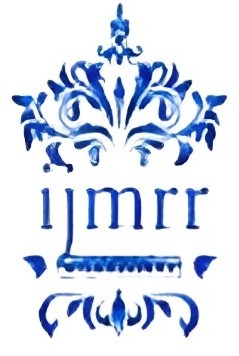Blockchain-Based Event Detection And Trust Verification Using Natural Language Processing & Machine Learning
Abstract
Online social media platforms are extensively used
for sharing concise messages, often containing
information about various events, including natural
disasters. The automatic classification of these
messages plays a crucial role in aiding emergency
relief teams by providing insights into the number
and nature of detected disasters. In the proposed
work, Natural Language Processing Text API is
employed to analyze text messages, converting them
into training features. These features serve as input
to different machine learning algorithms, evaluating
their performance for classification. The study
evaluates eight different algorithms, including
Naïve Bayes, KNN, SVM, Decision Tree, Random
Forest, XGBOOST, Logistic Regression, and Deep
Learning. Notably, Deep Learning emerges as the
most accurate algorithm, with each method assessed
based on metrics like accuracy, precision, recall, and
F-score.
Traditional social media platforms rely on
centralized single servers to store user posts.
However, this centralized approach poses a risk in
case of server crashes or security breaches, leading to
service disruptions. To address this vulnerability,
the paper proposes the implementation of a
Blockchain- based decentralized server. This
decentralized architecture stores data across
multiple nodes, ensuring continuous service
availability even if one node experiences issues.
All user posts stored in the Blockchain are inherently
tamper-proof due to the technology's built-in
support for data encryption and integrity. Each
record is stored as a block/transaction, linked with a
unique hash code. During the storage of new records,
Blockchain verifies all previous hash codes. If the
data remains unaltered, the hash code verification is
successful; otherwise, it fails, indicating tampering.
This inherent tamper-proof nature makes
Blockchain a secure and reliable option for storing
sensitive information.
Data storage and retrieval in Blockchain are
facilitated through smart contracts, which contain
functions to save and retrieve data. A specific
contract is designed to store user posts, providing a
robust and secure mechanism for managing social
media content











